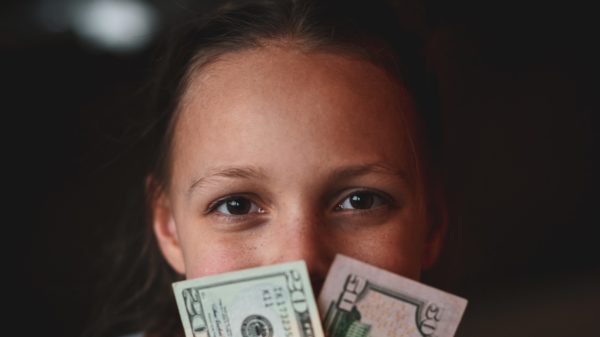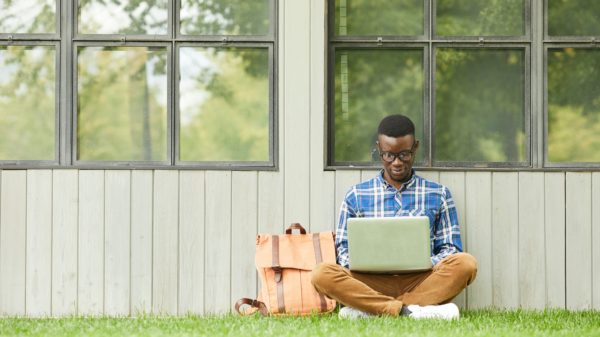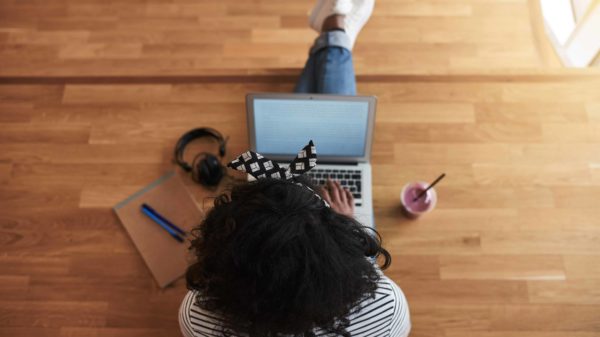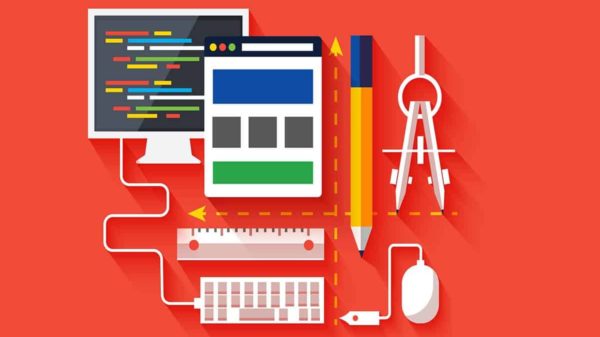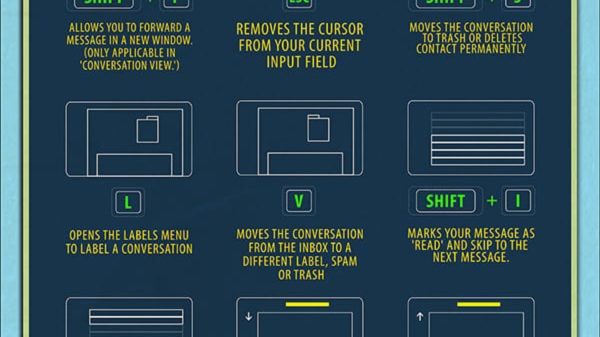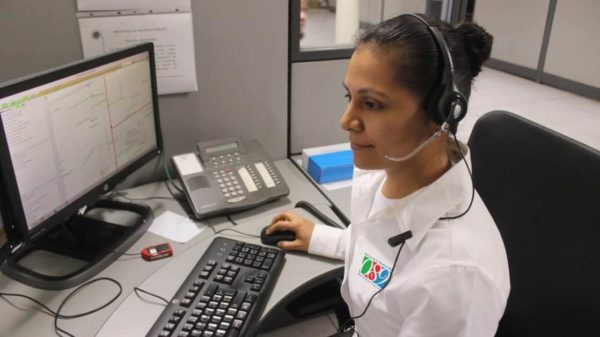
Share this infographic on your site!
Amidst the COVID pandemic, 2 in 3 Americans have felt anxious, depressed, lonely, or hopeless at least once a week
Pandemic Fatigue
- First Signs Of Stress: Panic Buying
What Are Americans Hoarding?
- Supermarkets quickly sold out of common items in the first wave of panic buying ( According to Neilsen, compared to the same time last year)
- Week 1 (Ending March 7)
-
-
-
-
-
- Hand sanitizer: +470%
- Aerosol disinfectants: +385%
-
-
-
-
- Week 2 (Ending March 14)
-
-
-
-
-
- Toilet paper: +213%
- Facial tissue: +195%
-
-
-
-
- Week 3 (Ending March 21)
- Baking yeast: +647% — More than any other consumer packaged good
-
-
-
-
-
- Spiral hams: +622%
-
-
-
-
- Week 4 (Ending March 28)
-
-
-
-
- Alcohol: +55% — Despite closures of bars and restaurants
- Online alcohol sales: +243%
- Week 5 (Ending April 5) Hair clipper, hair dye
- Hair clippers: +166%
- Hair color: +23%
-
- Purchases of vegetable seeds, chickens, and freezers have skyrocketed
- A handful of brands saw huge growth, despite a tough economy
- Ammo.com saw a 68% increase in sales
- King Arthur’s Flour sales increased 2000%
- Sales of White Claw grew 364%
- In April, meat plants across the U.S. were forced to close due to outbreaks of COVID-19 among their workers — Consumers responded by doubling typical meat purchases and emptying grocery shelves
-
- Rationalizing The Irrational
- In times of fear and stress, our brains present conflicting reactions
- The frontal cortex reacts rationally
- Tries to analyze the situation and long term consequences
- Rational thought: “I don’t need more toilet paper.”
- The amygdala reacts emotionally
- Encourages immediate action to protect yourself
- Gut reaction: “BUT, better safe than sorry.”
- When anxiety is high, these messages get more confused and it’s harder to make rational decisions
- The frontal cortex reacts rationally
- In times of fear and stress, our brains present conflicting reactions
-
- The Hidden Epidemic: Mental Health
-
- Quarantine & Isolation: May lead to serious psychological effects, including symptoms consistent with depression and post-traumatic stress disorder (PTSD)
- Spillover Effect: Collective actions can lead to an increase in PTSD and depression, including for people who aren’t directly involved
- Chronic Stress: High levels of anxiety over a long period, changes our brains — causing hypervigilance, fatigue, irritability, and increased risk taking
At the end of April, 3 in 4 American adults expected a second wave of the virus and supported continued social distancing
- BUT, over time compliance fatigue will grow
Too Much To Process: Information Overload
[Call Out: The novel coronavirus posses an invisible, universal, and largely unknown threat — a cloud of uncertainty that can heighten fear and perceived risk]
- Informed vs. Misinformed
-
- A flood of information makes it harder to separate fact from fiction — spreading fear and potentially endangering public health
- Danger vs. Risk
- While the danger coronavirus poses is real, individuals’ perception of the risk is based on their own judgment and feelings
- Linear vs. Exponential
-
- Our brains think linearly, assuming a constant rate of growth — but the virus spreads at an exponential rate
- Compassion vs. Fatigue
-
- Stories of suffering can suddenly become overwhelming in times of stress, when our desire to help turns into emotional and physical exhaustion
The increased stress and anxiety felt during a pandemic can be even harder on
- Those with chronic, physical or mental health issues
- Workers helping to respond to the crisis
- Low wage earners facing financial strain and lacking sick leave
No One To Talk To? Coping Under Quarantine
Social distancing may make us to turn things that aren’t as helpful as they seem
- Social Media Overuse
We naturally curate our media consumption to sources we already agree with, leading to more polarized opinions over time
-
-
- Seek out reliable sources for accurate, up-to-date info on COVID-19
- Push notifications can heighten the feeling of information overload by creating a sense of urgency and interrupting other activities
- Turn off notifications limit exposure to only information you seek out
- Heavy social media use can lead to feeling even more socially isolated — An additional 1.5 hours of daily use may double risk of feeling alone
- Sustain relationships with one-on-one interaction through phone or text
-
Zoom Fatigue: The unnaturalness of on-camera interactions can leave you feeling emotionally drained, but moving the camera out of your direct line of sight may help
- Coping With Stress: Find A Healthy Balance
-
- Periods of high anxiety aren’t all bad — you may find opportunities for positive personal growth
- Practicing coping skills may help you face with the next crisis
- Sudden changes create an opportunities for forming healthier habits
- Shared struggles remind us to give back and support the community
- Many Americans are returning to, or starting new hobbies that support creativity and self care
- Breadmaking, cooking, and gardening
- Painting, photography, and calligraphy
- Home exercise, mindfulness, and meditation
- Periods of high anxiety aren’t all bad — you may find opportunities for positive personal growth
When To Ask For Help: If you feel overwhelmed by emotions like sadness, depression, or anxiety, or feel like you want to harm yourself or others, it’s time to ask for help
- Contact the Disaster Distress Helpline
- Call 1-800-985-5990
- Text “TalkWithUs” to 66746
- Or contact your health insurance for telehealth therapy options
A pandemic can feel overwhelming, but monitoring your mental health can help. How are you managing?
Sources:
https://nypost.com/2020/04/08/people-are-reportedly-panic-buying-baby-chickens/
https://www.nytimes.com/2020/03/28/style/seed-panic-buying-coronavirus.html
https://www.nytimes.com/2020/03/21/business/coronavirus-freezers-sold-out.html
https://www.fool.com/investing/2020/04/07/people-are-still-drinking-massive-quantities-of-ha.aspx
https://www.cnn.com/2020/04/26/business/meat-processing-plants-coronavirus/index.html
http://jaysonlusk.com/blog/2020/4/5/food-sales-and-prices-following-covid-19-outbreak
https://www.ncbi.nlm.nih.gov/pmc/articles/PMC3323345/
https://journals.sagepub.com/doi/full/10.1177/0004867419899165
https://www.psychologytoday.com/us/blog/talking-about-health/202003/mental-health-in-time-pandemic
https://www.medicalnewstoday.com/articles/319289
https://www.medicalnewstoday.com/articles/323324#signs-and-symptoms
https://www.ncbi.nlm.nih.gov/pmc/articles/PMC4732013/
https://morningconsult.com/wp-content/uploads/2020/04/200482_crosstabs_POLITICO_RVs_v2_JB.pdf
https://www.ncbi.nlm.nih.gov/pmc/articles/PMC3723680/
https://apnews.com/dedd5a5f5367b1da634a1e84dbb369ed
https://www.stress.org/military/for-practitionersleaders/compassion-fatigue
https://www.psychologytoday.com/us/blog/talking-about-health/202003/mental-health-in-time-pandemic
https://www.cdc.gov/coronavirus/2019-ncov/daily-life-coping/managing-stress-anxiety.html
https://www.ncbi.nlm.nih.gov/pmc/articles/PMC5775138/
https://www.nytimes.com/2020/03/11/business/new-sick-leave-policy.html
https://www.eurekalert.org/pub_releases/2020-04/cul-cio040120.php
https://www.psychiatrictimes.com/coronavirus/panic-and-pandemics-return-absurd
https://www.bbc.com/worklife/article/20200421-why-zoom-video-chats-are-so-exhausting
https://www.cdc.gov/coronavirus/2019-ncov/daily-life-coping/managing-stress-anxiety.html
https://www.vox.com/identities/2020/4/7/21207281/coronavirus-covid-19-how-to-find-a-therapist

